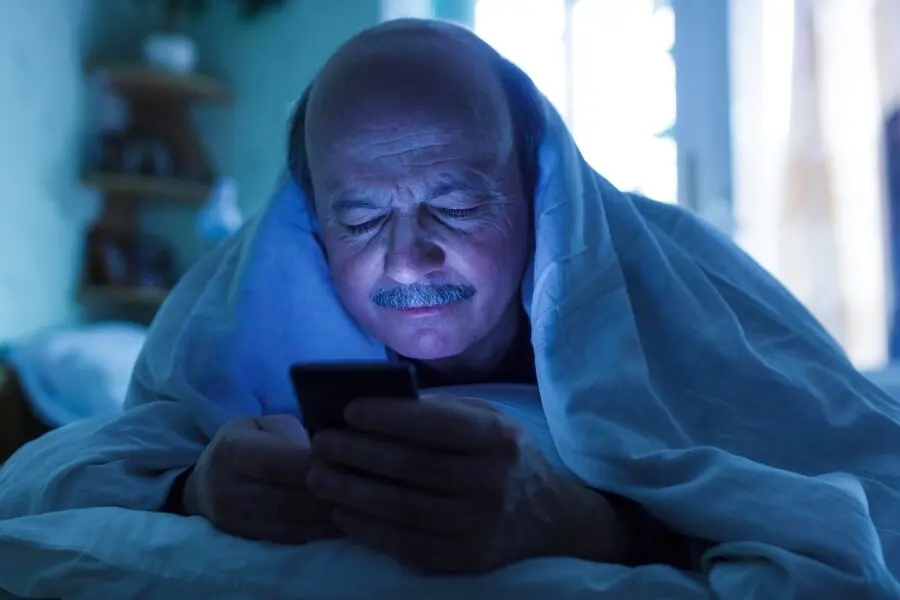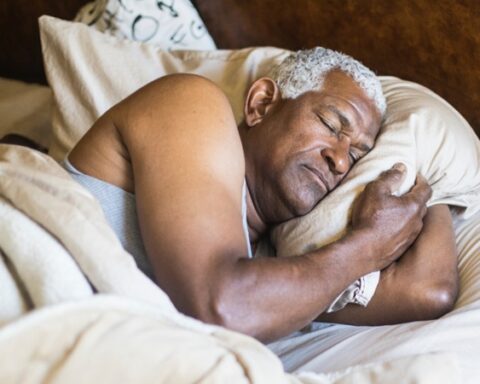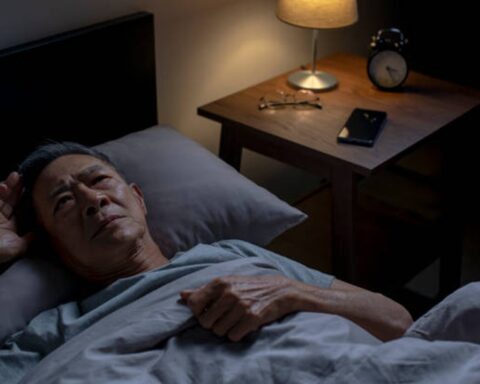New Delhi, September3, 2023 We are facing a crisis of sleep deprivation, a silent epidemic which is silently affecting lives across the globe. What’s more disturbing is that most people who are grappling with insufficient sleep are often unaware of its detrimental consequences. Many even dismiss sleep deprivation as a minor inconvenience and feel its effects are inconsequential.
In 1963, two boys tested the question for a high school science experiment by seeing what would happen to one of their bodies if they broke the world record for the longest time awake.
Bruce McAllister and Randy Gardner’s experiment soon caught World news attention when the common fear prior to the boys’ famous experiment was that lack of sleep would eventually kill a person.
McAllister told BBC that after the 265 hours — 11 days — were up and the experiment ended in success, Gardner, the one who stayed awake the whole time, slept for 14 hours straight at a hospital where his brain waves were monitored.
McAllister said that Gardner’s results concluded that “his brain had been catnapping the entire time. … parts of it would be asleep, parts of it would be awake.”
Adding that it makes sense in terms of evolution, “He wasn’t the first human being – or pre-human being – to have to stay awake for more than one night and that the human brain might evolve so that it could catnap – parts of it could catnap and restore – while parts of it were awake – made total sense. And that would explain why worse things didn’t happen,” he said, per BBC.
Sleep is vital for a person’s overall health and well-being, “Getting inadequate sleep over time can raise your risk for chronic (long-term) health problems. It can also affect how well you think, react, work, learn, and get along with others.” The Institute emphasized that for children and teenagers, sleeping is required for proper growth.
How many hours of sleep are enough for good health?
The amount of sleep a person needs fluctuates as you age.
The Centers for Disease Control and Prevention listed the following recommended hours of sleep per day for different age groups:
- Newborn: 14-17 hours
- Toddler: 11-14 hours
- Elementary school: 9-12 hours
- Teenager: 8-10 hours
- Adult: 7 or more hours
“As a society, as families and individuals, we have not yet fully appreciated the importance of sleep,” Terry Cralle, a certified clinical sleep educator in Fairfax, Virginia, told Everyday Health. “Sleep, along with diet and exercise, constitutes the very foundation of good health.”
How to maintain better sleep
Even if you are sleeping the correct amount of hours, your quality of sleep matters too. Sleep Foundation refers to a person’s quality of sleep as “sleep hygiene” and shares ways on how to improve those precious shut-eye hours.
Investing in good quality bedding that won’t make you uncomfortable, whether your comforter is too heavy or your mattress is too stiff, plays an important role in staying asleep through the night.
The Sleep Foundation also recommends keeping your bedroom dark at night, “Excess light exposure can throw off your sleep and circadian rhythm. Blackout curtains over your windows or a sleep mask over your eyes can block light and prevent it from interfering with your rest. Avoiding bright light can help you transition to bedtime and contribute to your body’s production of melatonin, a hormone that promotes sleep.”
A recent study found that warmer temperatures play an important role in sleeping better. “Especially for those 65 and older, warmer temperatures are better — between 68 and 77 degrees. Below or above that range, sleep quality declines,” Deseret News reported.
Tips for Better Sleep
Good sleep habits can help to get a good night’s sleep.
Following habits that can improve your sleep health:
- Be consistent. Go to bed at the same time each night and get up at the same time each morning, including on the weekends
- Make sure your bedroom is quiet, dark, relaxing, and at a comfortable temperature
- Remove electronic devices, such as TVs, computers, and smart phones, from the bedroom
- Avoid large meals, caffeine, and alcohol before bedtime
- Get some exercise. Being physically active during the day can help you fall asleep more easily at night.





